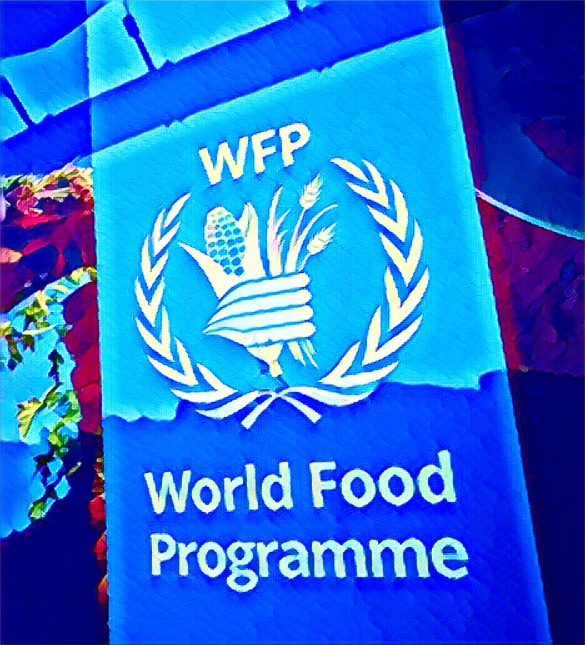The World Food Programme (WFP), in partnership with Dutch Christian Aid and funded by the Swiss Agency for Development and Cooperation, launched an urban cash grants and resilience program in Bulawayo. This initiative aims to support vulnerable populations during the current famine, focusing on women-headed households and youth.
Valerie Guarnieri, WFP assistant executive director, highlighted the program’s origins. “The initiative began in 2019 during the pandemic, when many lost their jobs and remittances dwindled,” she said. “We intensified efforts in urban areas, including cash-based transfers (CBT) and resilience building.”
The CBT program has reached 31,000 people, with a current caseload of 15,000. The urban resilience program has supported 1,000 individuals, offering training in vocational skills, financial management, and small business development, such as poultry and mushroom production.
Beneficiaries like Fungai Zeka have experienced significant improvements. “In 2020, I received cash transfers from Dan Church Aid and WFP, which eased my struggles as the sole breadwinner for a family of eight,” Zeka said. “The assistance covered food, medication, and rent.”
Zeka also received support from the urban resilience project, including 50 broilers, feed, and business management training. “The support allowed me to diversify into peanut butter processing and supplying goats and dried fish. My company now supplies major supermarkets,” she added.
Another beneficiary, Loveness Sibanda, transitioned from petty trading to poultry farming with the project’s help. “I received a starter kit with 50 Sasso free-range chicks, feed, and training in poultry production, business management, and savings,” she said. “After market research, I switched to broilers and completed 10 batches.”
Sibanda also received a $500 youth grant to expand her operations. She has diversified into cosmetics, baobab drinks, and confectionery, ensuring a steady income. “I have joined a successful savings group,” she said.
The program aims to empower women and youth, enabling them to start and grow small-scale businesses. By providing financial support and training, the initiative helps participants achieve economic stability and resilience.
The urban resilience program’s success stories highlight the positive impact of targeted support for vulnerable populations. As beneficiaries like Zeka and Sibanda continue to grow their businesses, they contribute to the local economy and inspire others in their communities.
The initiative’s focus on vocational training, financial management, and small business development ensures participants have the skills needed for long-term success. By addressing immediate needs and promoting economic empowerment, the program offers a sustainable solution to the challenges faced by vulnerable populations in Bulawayo.
Source: Newsday


